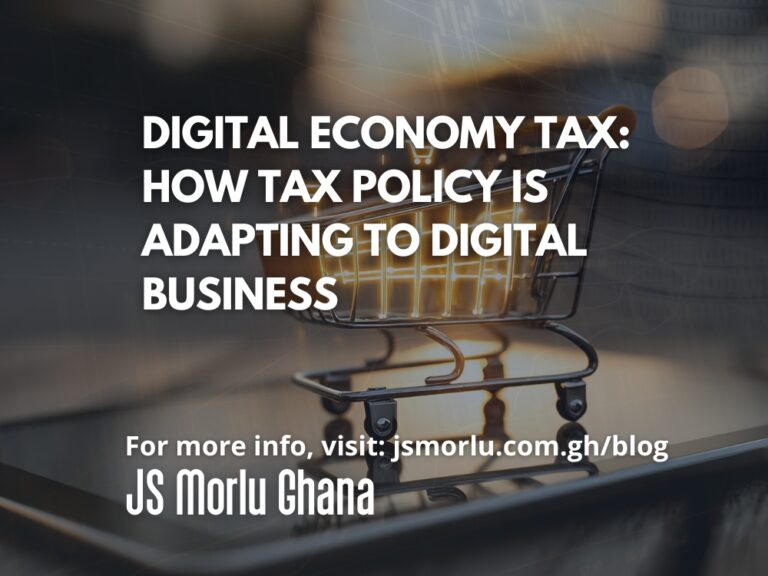
Digital Economy Tax: How Tax Policy Is Adapting to Digital Business
Digital economy taxes explained: what Digital Services Taxes are, why old rules fail, and key challenges for governments and businesses.

Digital economy taxes explained: what Digital Services Taxes are, why old rules fail, and key challenges for governments and businesses.
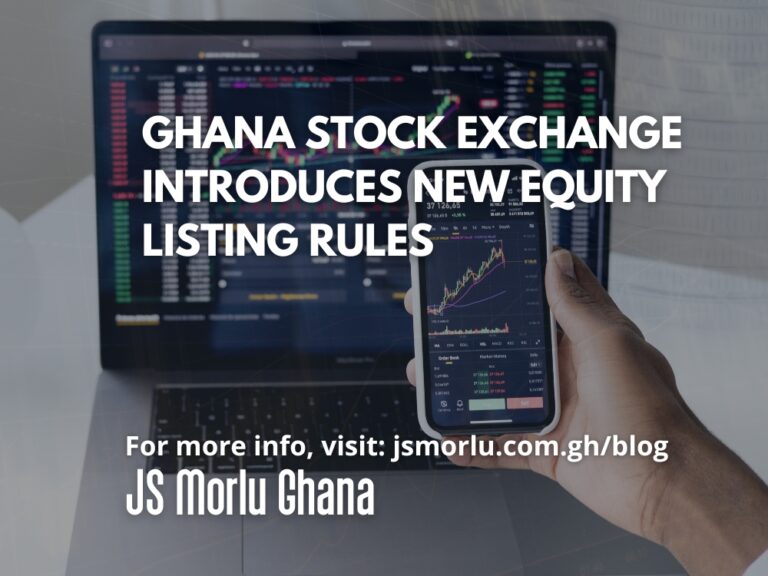
GSE launches modern equity listing rules effective Feb 2, 2026—boosting transparency, governance, and investor confidence in Ghana.

Bank of Ghana announces reforms to strengthen microfinance sector, raise capital requirements, and improve governance by 2026.

Ghana CID and Bank of Ghana arrest 41 in Accra forex crackdown, seizing GH¢1.2m+; businesses urged use licensed channels.
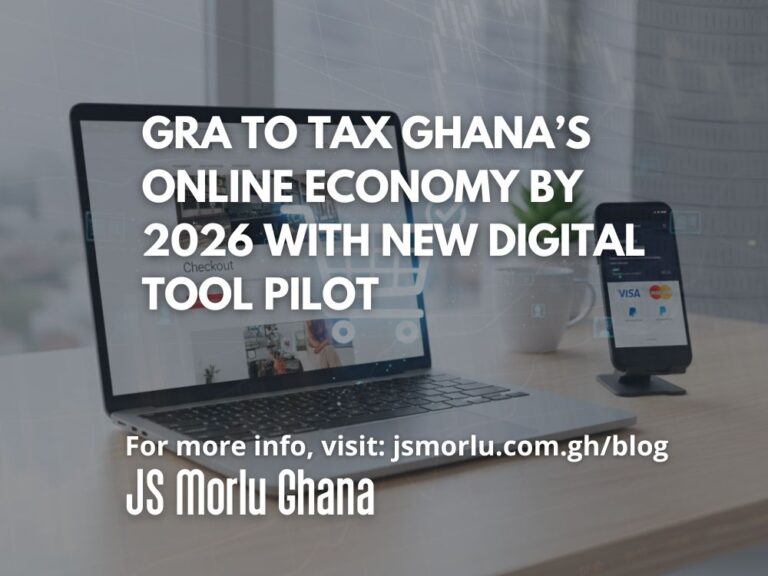
GRA to tax Ghana’s digital economy by 2026 using automated online VAT tools, simplifying compliance and boosting revenue.
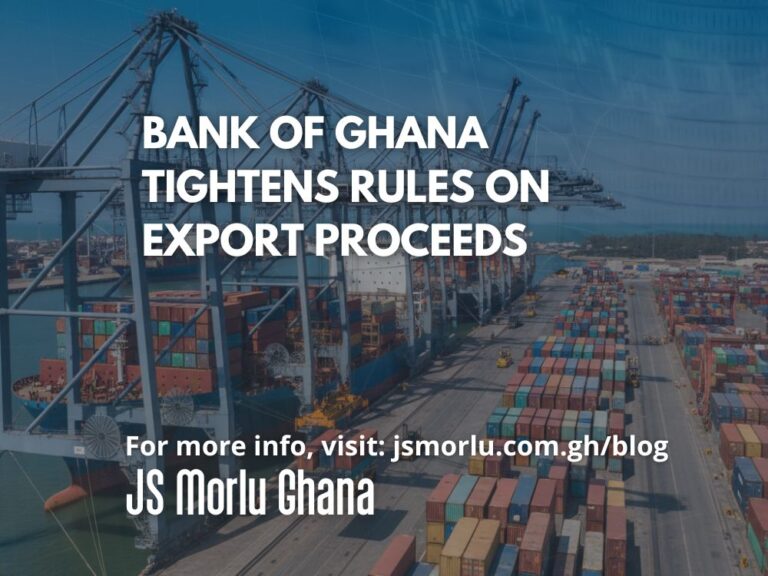
Bank of Ghana’s new directive enforces 120-day export proceeds repatriation with strict fines, legal and criminal penalties.

Ghana’s renegotiated lithium mining lease faces parliamentary delays due to royalty rate debates, impacting investors and communities.

Ghana’s new Value for Money Office will curb wasteful public spending, enforce accountability, and ensure every cedi delivers results.
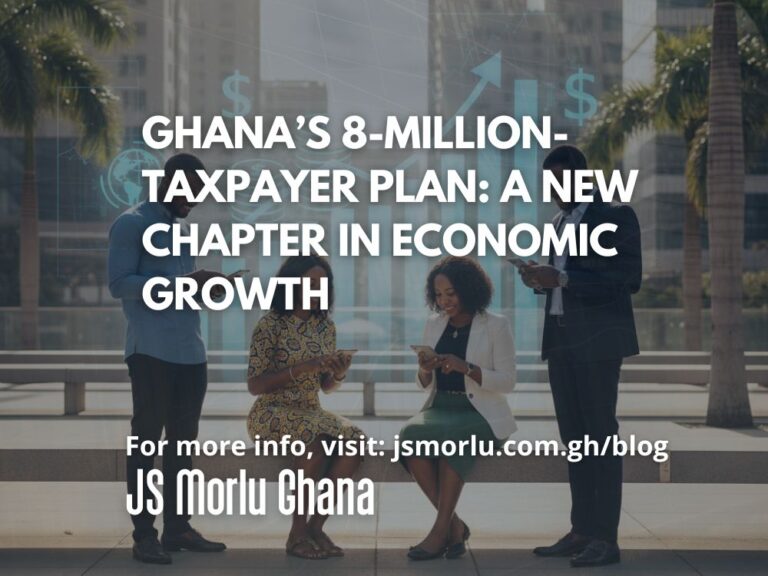
GRA’s new taxpayer drive targets eight million Ghanaians, boosting domestic revenue and advancing Ghana’s long-term fiscal independence.

Ghana’s 2026 Budget: Ato Forson presents Nov 13, focusing on jobs, stabilization, fiscal discipline, IMF-backed reforms.
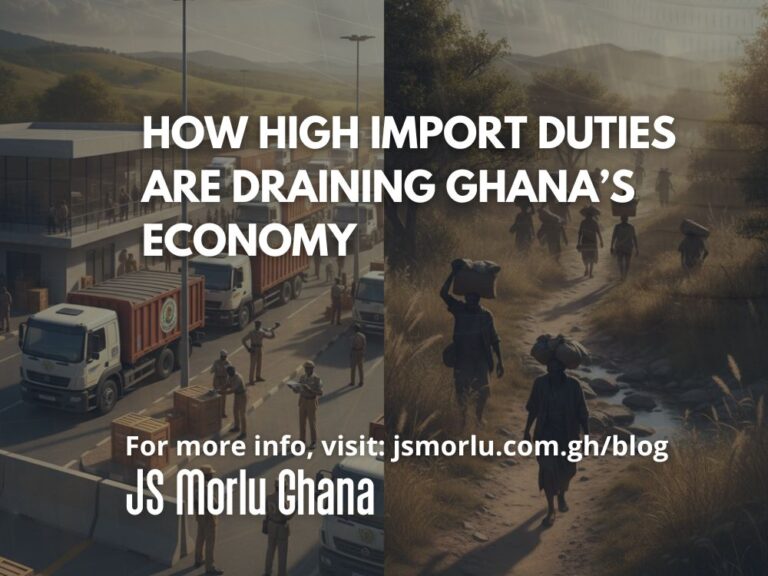
Smuggling in Ghana’s trade sector surges, costing billions and threatening tax revenue, industry growth, and national security.
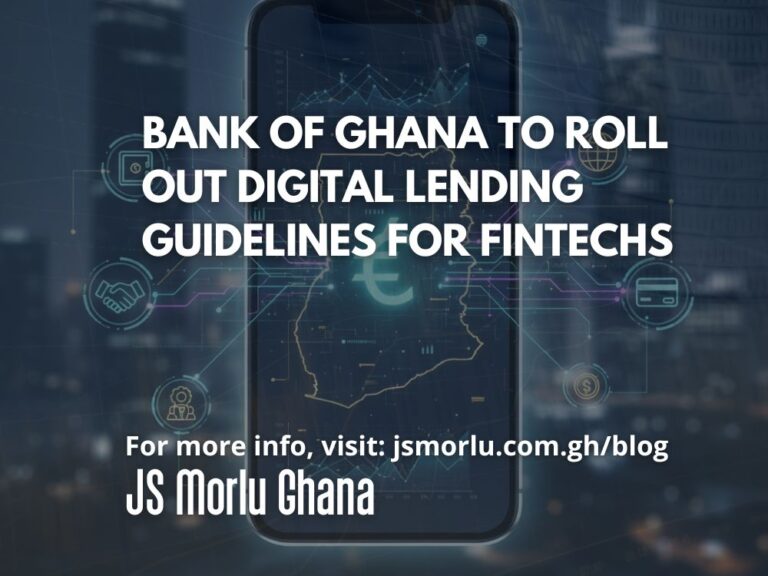
Ghana’s central bank unveils digital lending, open banking, and crypto rules to modernize and secure financial systems.